- Learning time
- 20 minutes
- First play time
- 45 minutes
Capital Lux
Designed by: Eilif Svensson,Kristian Amundsen Østby
In the card game Capital Lux, players are developing their home town, whilst being careful not to out-perform the capital!
The deck is made up of four sets – Merchants, Agents, Scholars and Clerics (or for ease of use: yellow, blue, green and pink) numbered 2 to 6, and the goal is to have majorities in as many of the four coloured card sets as you can when each round ends.
Players begin with a hand of five or six cards, and take turns playing cards to the table. You can play to your home town (in front of you) or to the capital – in the middle of the playing area. Playing to your home town develops your hand in that particular suit, and you want to try and outscore your opponents, without outscoring the capital itself.
When you play to the capital, you increase the limit of the four suits: the cards here define how many of a suit each player can have. For instance, if a round ends (when players run out of cards) with a 6, 4 and 2 of yellow in the capital, each player can have up to 12 of that suit. If they have more than 12, they go bust, and lose all their yellow cards. Outside of anyone going bust, the player with the most of a colour ‘wins’ that suit, and they claim the highest yellow card from the capital for themselves, placing it face-down in a scoring pile. The same process applies to the other three colours, and a new round begins with the capital and each player keeping their face-up cards in their home town. After the third round, the game ends.
But that’s not everything, because playing a card to the capital also gives you an advantage: depending on which colour you play, you can take another card into your hand, secretly increase (or decrease!) the potential allowance for each colour, take a card from the capital to your home town, or grab a yellow disc which you can either use to increase your card limit, or keep for a point per disc at the end of the game.
Joe says
This is fairly chaotic, but there's a lot of fun to be had in watching that chaos unfold, and occasionally being perfectly placed to capitalise on it. There's a nice ebb and flow to the suit limits, and the yellow discs - almost like a little economy playing out. I enjoy this a lot.
The guru's verdict
-
Take That!
Take That!
Nobody can steal from you, but they can cause you to go bust by removing cards from the Capital. Be aware too that the round ends when one player uses up their cards - the other players get one more turn before any cards remaining in their hand must be added to their home town.
-
Fidget Factor!
Fidget Factor!
Low to moderate.
-
Brain Burn!
Brain Burn!
Once you get past that first play, it's not a game with ponderous decisions - it's a balance of when and where you play your cards of course, but also reading the other players' intentions.
-
Again Again!
Again Again!
The cards come out randomly and the replayability here is also down to a certain opaqueness - you can never be sure of a win until it actually happens.

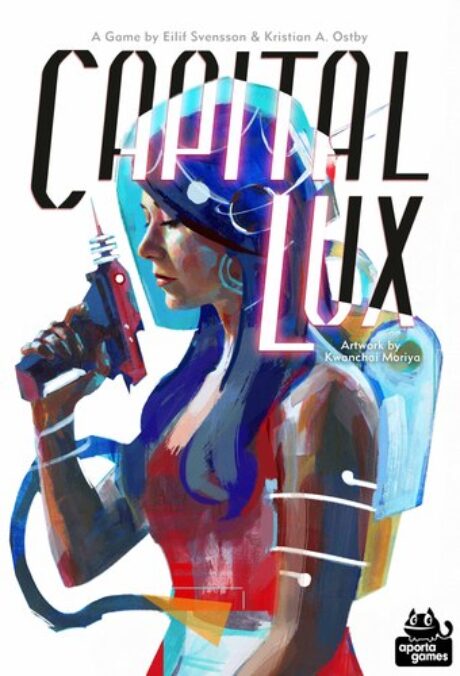

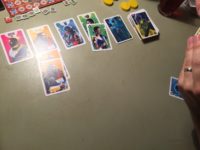

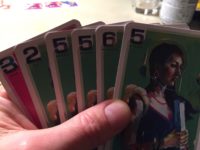



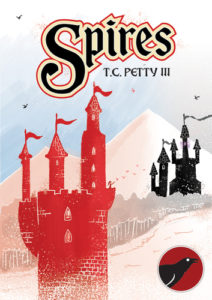
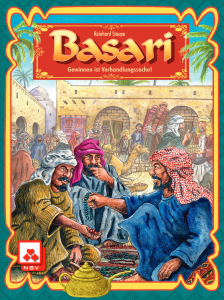
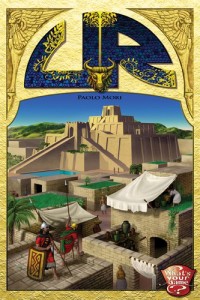
Sam says
It's the kind of game I'm terrible at, but I do enjoy Capital Lux. Adding cards to the Capital doesn't give you any points, but it does mean you can increase your own hand in your home town. But then, you're also enabling the other players to increase their hand too... once you get the idea you see there's room for bluff here, particularly with the special moves you get from placing a card in the capital. Having cards left in your hand when someone ends the round can kill you, or - if you've played shrewdly - give you a boost. Very clever game.